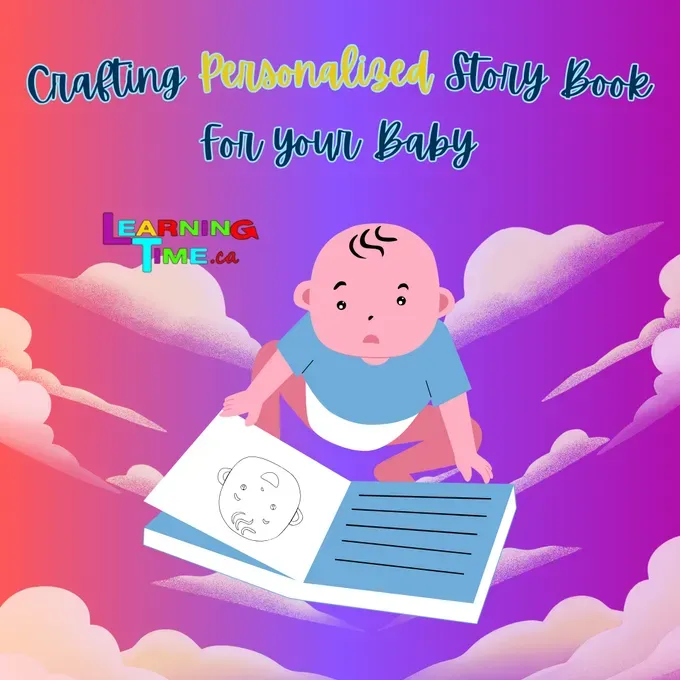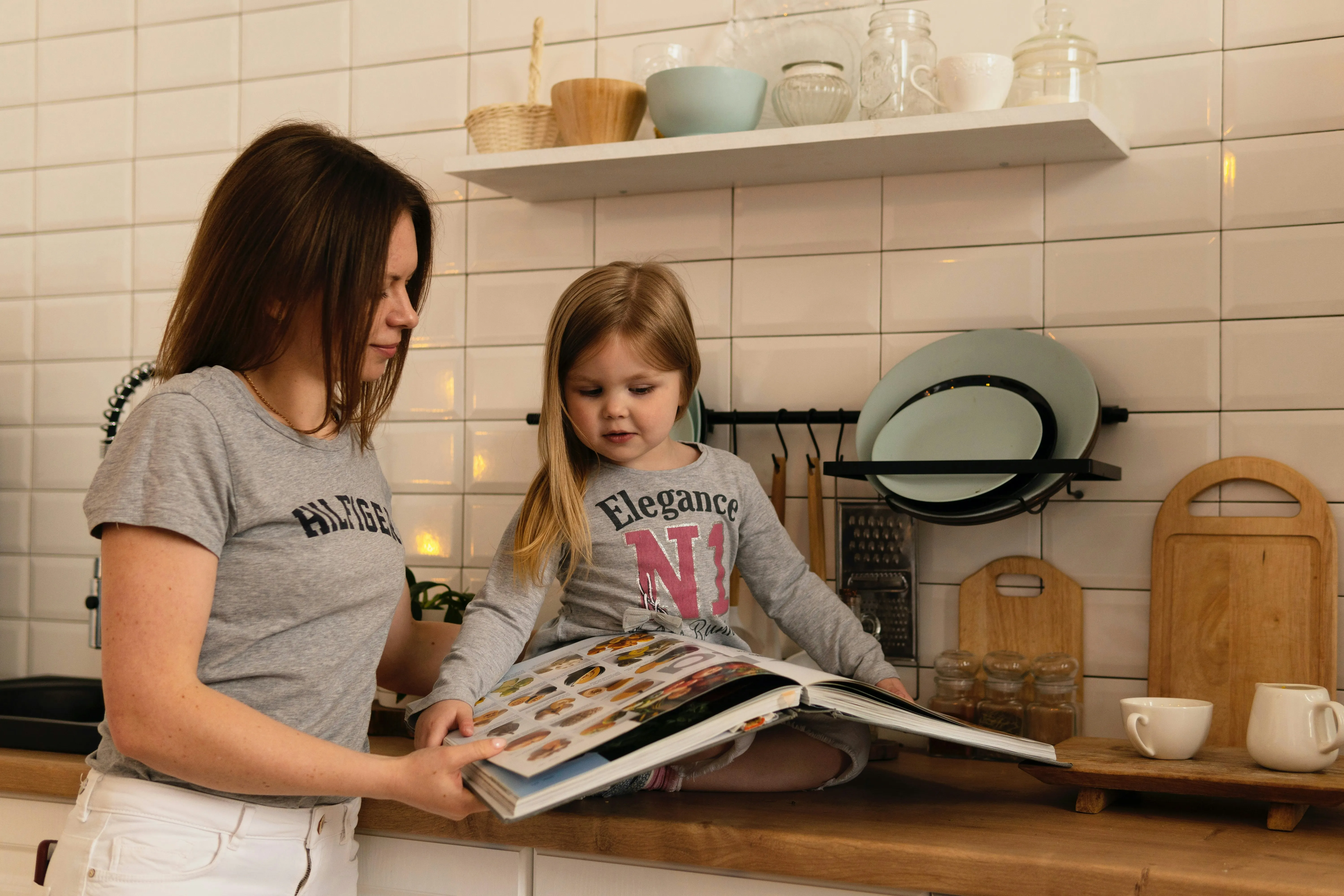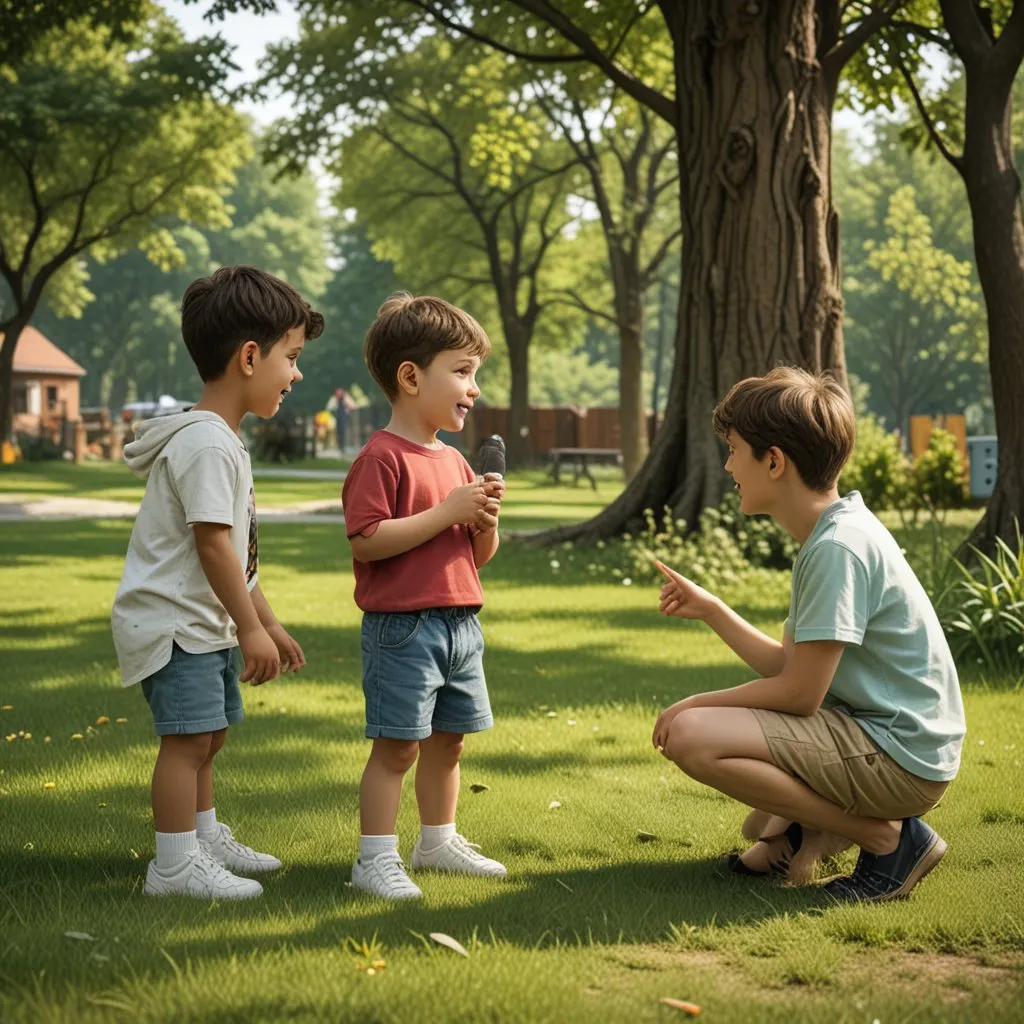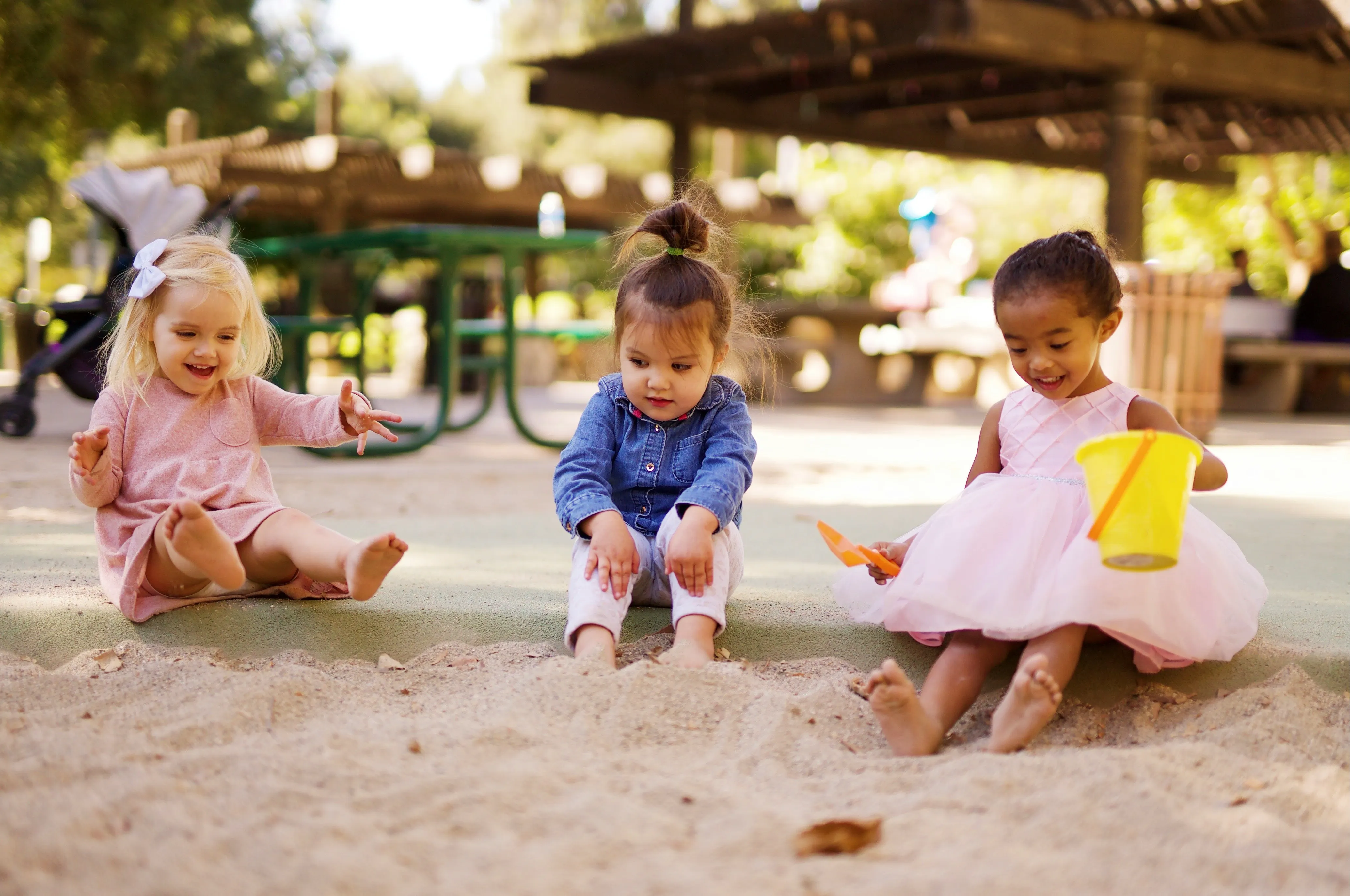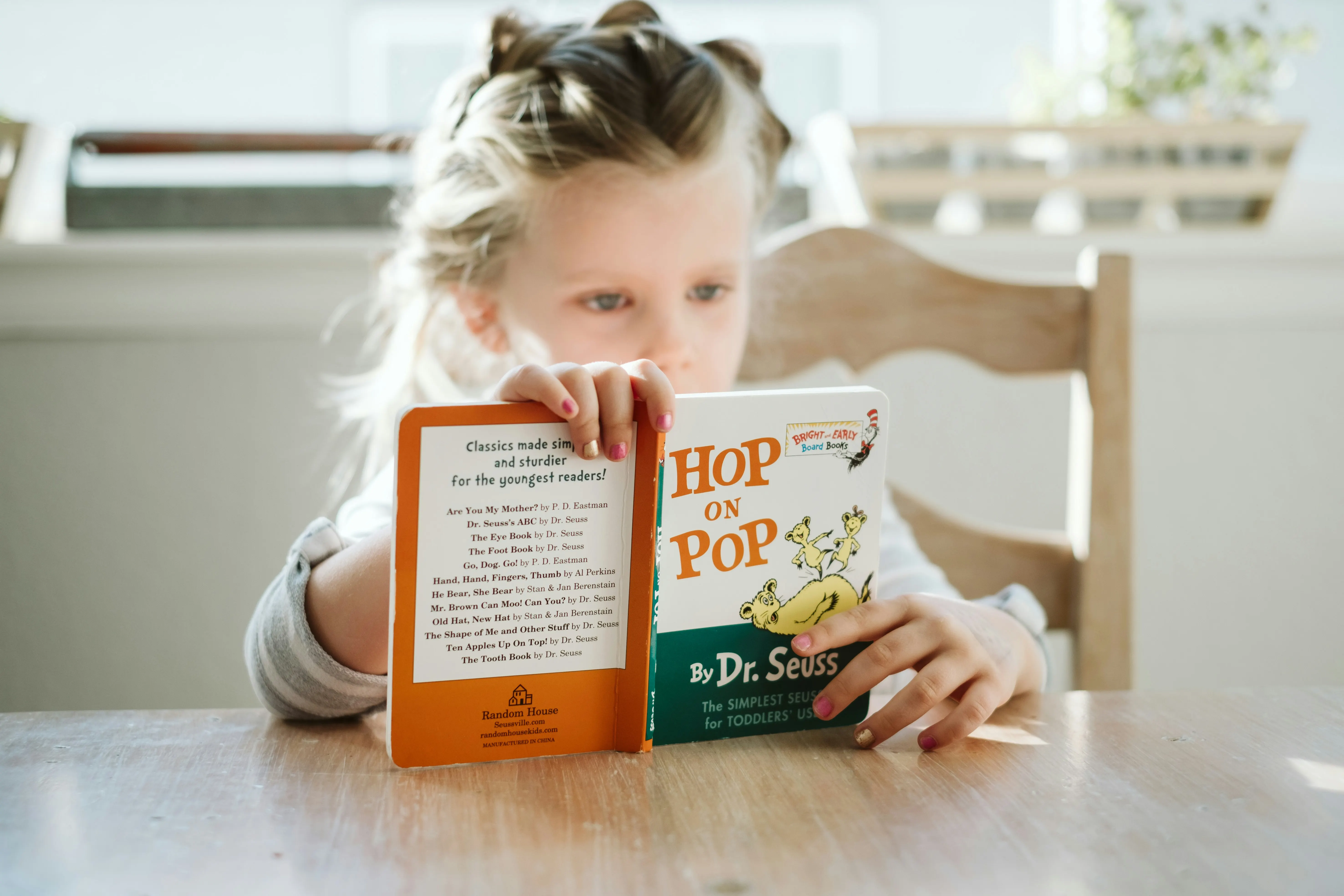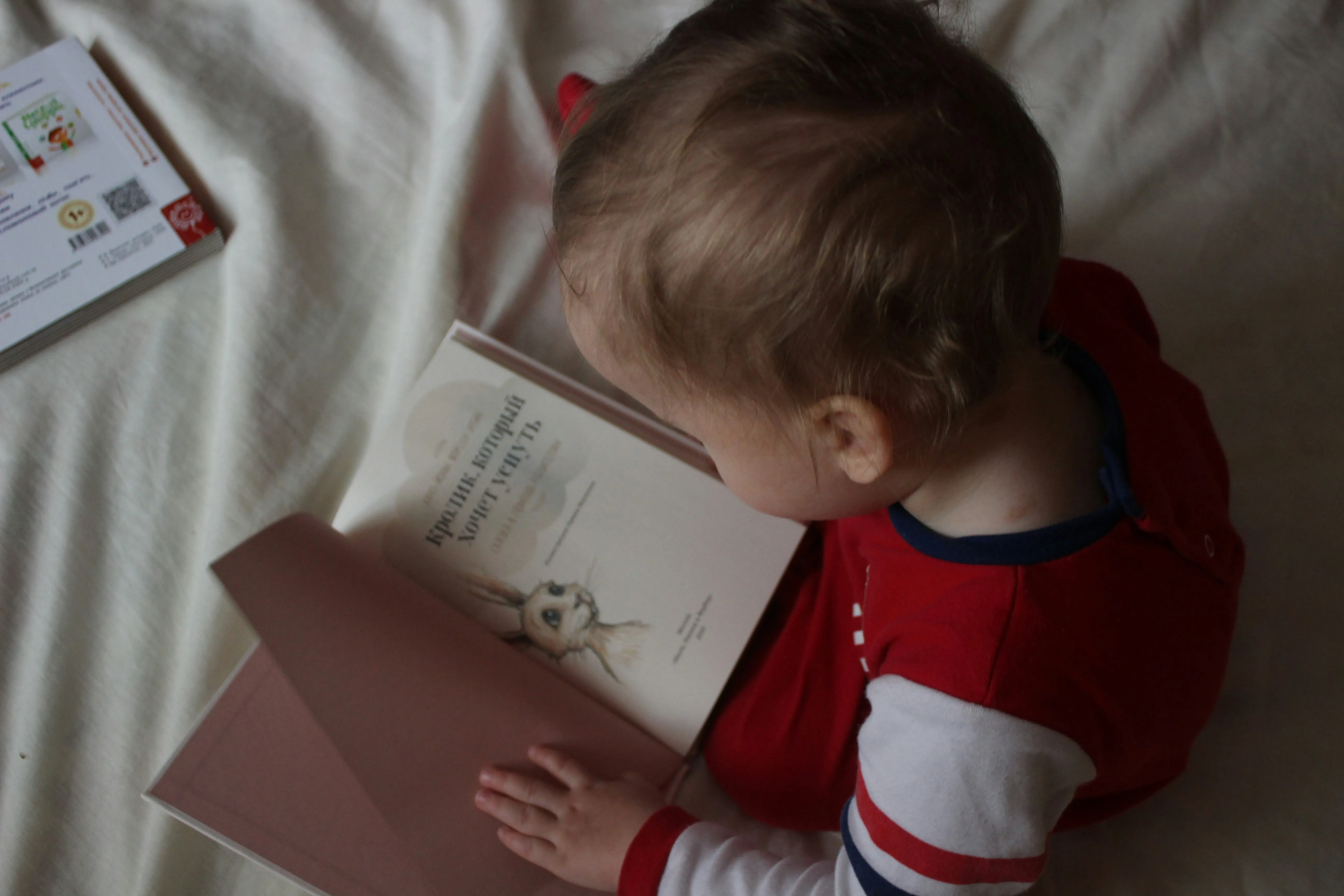Prenatal Bonding Activities for a Strong Connection
Bonding Before Birth: Prenatal Bonding Activities For New Parents

Key Highlights
- Prenatal bonding strengthens the emotional connection between expectant parents and their unborn child.
- Engaging in activities like talking, singing, or reading to your baby while they're in the womb can stimulate their senses and create a familiarization with your voice.
- Gentle exercises like prenatal yoga can benefit both pregnant women and the baby's development.
- Involving partners and siblings in bonding activities can help build a strong family connection from the very beginning.
- Creating a peaceful and loving environment during pregnancy through mindful activities can positively impact both the mental health of the mother and the baby's development.
Introduction
The path to parenthood is amazing, and it starts before you hold your baby. Prenatal attachment is the special bond between expectant parents and their unborn child. This bond begins during pregnancy and plays a crucial role in the journey of motherhood.
It is not just about taking care of your body; it is also about connecting emotionally with your baby. This blog looks at the incredible world of prenatal bonding. It provides helpful tips and activities to strengthen this unique connection.
Understanding Prenatal Bonding
Prenatal bonding is the strong emotional link that grows between expectant parents and their unborn child. It helps create a feeling of love and familiarity even before the baby is born. This bond is built through different activities that connect with the baby's developing senses.
When you find out you're expecting, a wonderful journey starts. Your body changes a lot to support a new life, and you naturally begin to feel connected to your unborn baby. This strong attachment helps the baby grow and enhances your experience during pregnancy.
The Science Behind Maternal-Fetal Connections
Maternal-fetal attachment is more than just a feeling; it has a strong connection to biology. Studies show interesting ways a mother’s body talks to her baby. Sounds like her heartbeat and her voice make the womb a fun place for the growing fetus.
Starting in the second trimester, babies can react to sounds, especially their mother’s voice. When you talk, sing, or interact with your unborn child, you help their hearing grow. This also gives them a sense of safety and recognition, which is important for forming a good attachment after birth.
Making this early connection is important for human development. It helps a child's emotional control, social skills, and overall health as they grow. Also, maternal sensitivity during pregnancy, which means being aware of baby movements and trying to connect, makes this bond even stronger.
The Emotional Journey of Expectant Parents
The journey of pregnancy is full of ups and downs. It brings a lot of joy and excitement, but also some worries. For expectant parents, it is important to notice and deal with these feelings. This is good for their health and helps build a strong early relationship with their child.
Mental health is very important during pregnancy. Asking for help is normal when you have mood swings. If sadness, anxiety, or depressive symptoms last a long time, talk to your healthcare professional. Seeking support is a strong choice and can help both you and your baby.
To manage these emotions, create a supportive space. Practice self-care, like meditation and prenatal yoga. Talk freely with your partner about how you feel. This can help you stay positive and build a loving connection with your unborn baby. Remember, you are not alone on this special journey.
The Role of Sound and Music in Prenatal Bonding
The power of sound and music is clear. It is important for bonding with your unborn child. From about 20 weeks, babies in the womb can hear sounds from outside. This creates a lovely way to connect with them.
You can play soft music, sing lullabies, or talk to your baby while they are in your womb. This helps their hearing and makes them feel close to your voice. Introducing sounds early can calm the baby and support their future language skills and emotional bonds.
Introducing Your Unborn Child to Music
Introducing your baby to music before they are born is a lovely way to help them grow and build a close bond with you. Classical music is known for its calming sounds, which can soothe babies in the womb and after they are born.
You might want to make a playlist of your favourite classical songs. Look into composers like Mozart, Beethoven, and Bach. Lullabies are another great choice. Their soft tunes and repeating beats can make babies feel safe and comforted.
Don't forget the strength of your own voice. Talking, singing, or reading to your baby can help them recognize how you sound. This can create a special and close connection between you two.
- Classical Music: Explore calming compositions by Mozart, Beethoven, and Bach.
- Lullabies: Introduce soothing melodies and rhythmic patterns for comfort.
- Your Voice: Talk, sing, or read aloud to personalize the experience.
Communicating with Your Baby Through Voice
Your unborn child can hear and learn while in the womb. Your voice is their favourite sound. Talking to your baby often during your pregnancy is a great way to connect with them and help their developing brain.
You can share your day, read from your favourite book, or just tell them how much you love them and how excited you are for their arrival. As your baby grows, you might see them respond to your voice with gentle movements or kicks. Having social support during pregnancy, especially for the pregnant person, is very important. Invite your partner, family, and friends to talk with your unborn baby too.
This early talking not only makes your bond stronger but also helps your baby get used to language, tone, and different voices. This sets the ground for better communication skills once they are born.
Physical Activities to Strengthen the Parent-Fetal Bond

Engaging in gentle exercise during pregnancy is good for you and your baby. It can also help bring you closer together. If you add mindful movements to your daily routine, with advice from your healthcare provider, you can create special bonding moments.
Activities like prenatal yoga, walking, and stretching help keep you fit. They also release endorphins, which promote relaxation and good feelings. These activities help you connect better with your body and your baby's movements, which can make your bond even stronger.
The Benefits of Prenatal Yoga for Both Mother and Child
Prenatal yoga is a great practice that helps both pregnant women and their unborn babies feel like a real person. It includes easy stretches, breathing exercises, and mindfulness techniques. These can increase flexibility, improve blood flow, and lower stress. For expectant mothers, prenatal yoga is a good way to ease common problems like back pain, tiredness, and swelling.
Besides the physical benefits, prenatal yoga gives pregnant women time to bond with their unborn babies. By focusing on their breath and being aware of their bodies, they can relax more. This helps them feel their baby move, creating a sense of peace and closeness.
The good thing about prenatal yoga is that it can also help a child health. Research shows that babies whose mothers do prenatal yoga often have a steady heartbeat, better sleep, and improved stress management.
Gentle Exercise Routines for Expectant Mothers
Staying active during pregnancy is very good for both your body and mind. Gentle exercises are especially useful for pregnant women. They help improve heart health, build strength, and get the body ready for labour. Always talk to your doctor before you start any new workout plan.
Low-impact activities like walking, swimming, or prenatal yoga are excellent choices. Even doing little things, like taking the stairs instead of the elevator, can help. Exercise is not just great for controlling weight gain; it also releases endorphins, which can lift your mood and reduce stress.
For expectant mothers who have anxiety or feel mildly depressed, exercise can work wonders. It helps release emotions, promotes relaxation, and improves overall mental health.

Creative Ways to Connect with Your Unborn Baby
There are many fun and creative ways to connect with your unborn child, beyond just talking, singing, or playing music. These activities can help you express your love and excitement for their arrival.
You can explore your creative side by making a special storybook just for your baby. You might also want to write sweet letters to them or create art that shows your dreams and wishes for their future. By doing these activities, you’re not just keeping busy; you’re forming a strong bond with your unborn child.
Crafting a Personalized Storybook for Your Baby
Creating a personal storybook for your baby is a sweet way to build their early relationship with language. It helps you express your creative side while giving a special gift filled with love.
Pick stories that you connect with or make up your own tales. When you read these stories out loud, your baby will get used to the sound of your voice. This helps them feel comforted and safe. Reading like this can strengthen the bond between you and your child right from the start.
Adding personal touches makes it even more special. You can include photos of family members, ultrasound pictures, or hand-drawn art.
This heartfelt gift will be a treasured part of their childhood.
Visualizing and Sharing Dreams and Hopes
Pregnancy is a time full of dreams and hopes for your baby. Sharing these feelings with your child, even while they grow in the womb, can help you feel close to them. Find a quiet spot, close your eyes, and picture your little one. Imagine their tiny fingers, their cute button nose, and the happiness they will bring to your life.
Speak out your dreams and wishes. Share what you want for their joy, strength, and life journey. Even if your baby cannot understand the words, they can feel your love and warmth in your voice.
This simple sharing of dreams makes a strong bond. It helps you to picture your child and lets them feel loved and special, even before they are born.

Involving Family in Prenatal Bonding
Prenatal bonding is not just about the mother and baby; it is also about bringing a new member into the whole family. It helps to involve partners, siblings, and even grandparents in bonding activities. This strengthens the love and support for the unborn baby.
From feeling the baby kick to reading stories together, these special moments create memories and help make a strong family. When everyone is part of the pregnancy journey, the excitement and hope for the new baby become a shared experience.
Activities for Siblings to Connect with the Unborn Baby
Welcoming a new baby into the family is a joyful time, especially for older siblings. Involving them in activities before the baby arrives can help build a loving bond right from the beginning. Even though they can't hold their unborn child yet, there are many fun ways for them to connect.
Encourage your older child to talk to the baby in the womb. They can sing songs or read stories. Let them feel the baby kick and help set up the nursery. They can even pick out clothes for their new sibling. These activities build excitement and make them feel included.
These early interactions help not just the siblings but also bring the whole family closer together. It helps make the arrival of the baby easier and creates a loving atmosphere from day one.

Partner Participation in Prenatal Bonding Exercises
Partner involvement in prenatal bonding activities is important for creating a strong family and a close connection between both parents and the baby. While the connection between a mother and her unborn child is often highlighted, the father's role is very important too.
Encourage your partner to join in activities like talking to the baby, reading stories, or simply resting their hand on your belly to feel the baby move. These shared experiences build a link between the father and the unborn child. They also make the bond between partners stronger.
According to attachment theory, having a strong link with both parents is key for a child's emotional and social growth. This connection helps create feelings of safety, stability, and trust, which provide the groundwork for healthy relationships throughout life.
Conclusion
In conclusion, prenatal bonding activities are very important. They help create a strong connection between expectant parents and their unborn child. By using sound, music, physical exercises, and creative activities, parents can build a deep emotional bond with their baby before birth. Including family members, like siblings and partners, makes this relationship even better. It's never too early to start these activities. They not only strengthen the bond between the parents and their unborn child but also support the health of both mother and baby. If you want to find more ways to connect with your unborn child, please reach out for help and guidance.
Frequently Asked Questions
When is the Best Time to Start Prenatal Bonding Activities?
There is no perfect time to start bonding before having a baby. Expectant parents can begin to build this early relationship whenever they feel ready. It does not matter how old the mother is; it is never too early to connect. Take your time to enjoy this special journey at your own pace.
Can Prenatal Bonding Activities Impact a Baby's Development?
Recent studies show that activities done before birth can help create a strong bond between moms and their babies. This bond, known as maternal-fetal attachment, has a positive effect on a baby’s development. Though human development is complicated, this early connection is important for emotional and social growth.
How Can Music Influence Prenatal Bonding?
Music, especially calming types like classical music, can really help mothers connect with their unborn child. When the baby hears sounds, it encourages the mother to better understand her emotions. This builds a strong bond and creates a peaceful experience for both of them.
Are There Any Activities to Avoid During Prenatal Bonding?
Prenatal bonding is usually recommended, but there is little research on which activities to avoid completely. Expectant mothers should focus on their health. They should talk to their healthcare providers to address any safety concerns.
How Can Reading Before Birth Influence Prenatal Bonding?
Reading out loud during pregnancy helps create a bond between you and your baby. This supports the early relationship you'll have. Attachment theory tells us this can help your baby build their internal working model of relationships. They will connect your voice with feelings of security and love.

Written with Augmented Intelligence and SHiNER The HUMAN.
Feel free to ask any questions about Prenatal Bonding Activities for building a strong connection! You can share them in the comments section. Thank you!










